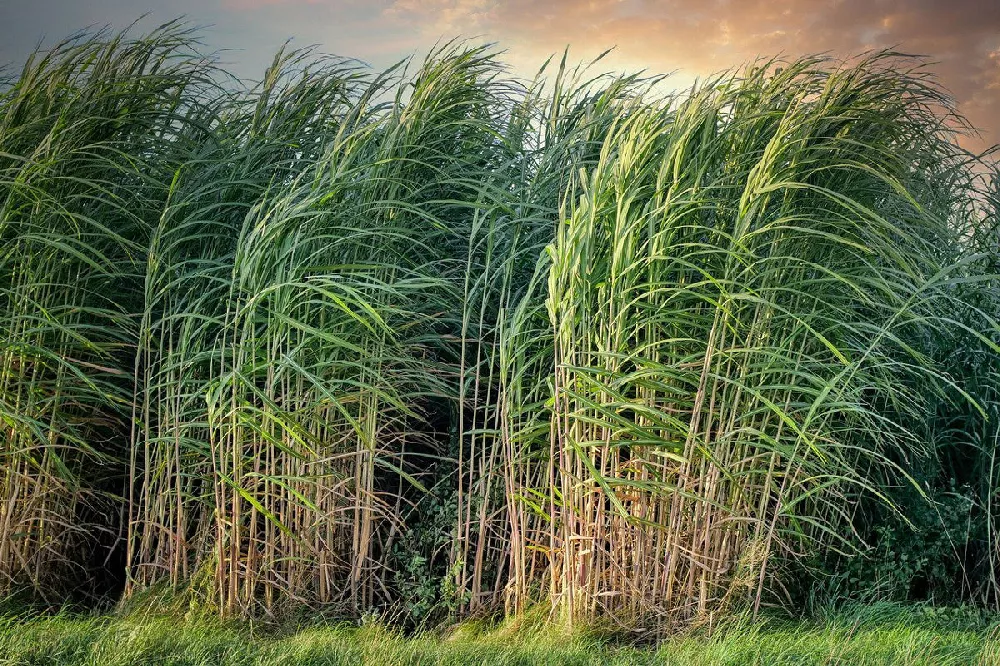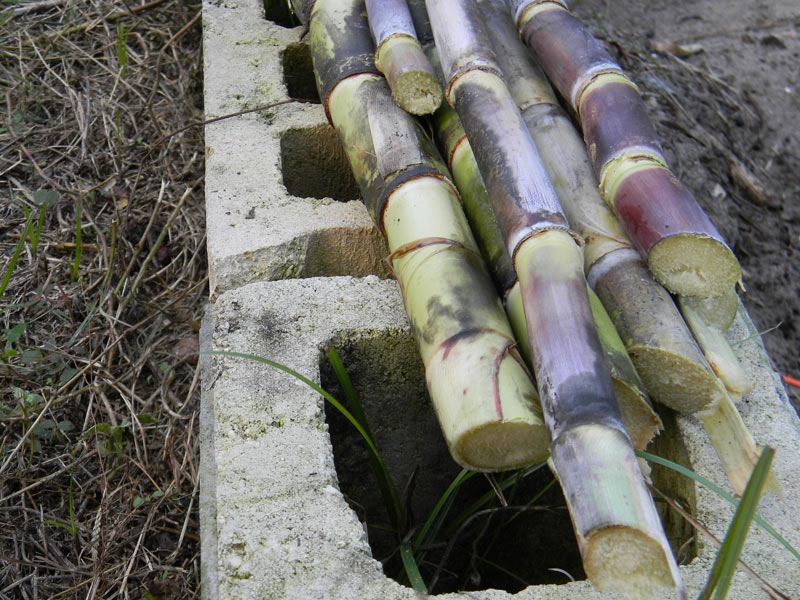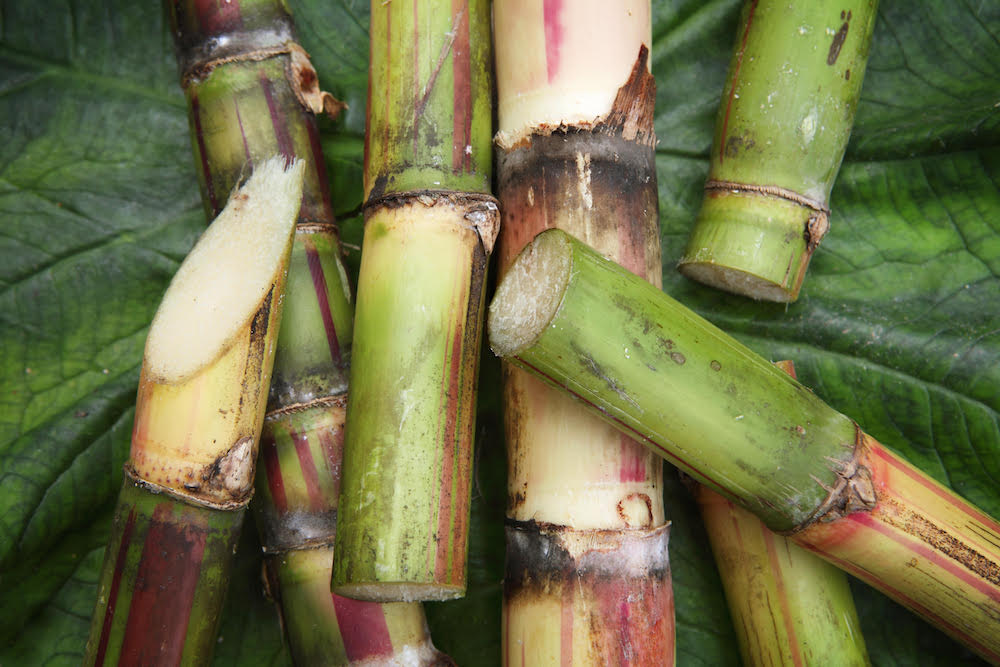A Closer Look at Sugar and Cane in the Global Food Industry
A Closer Look at Sugar and Cane in the Global Food Industry
Blog Article
Why Walking Cane Sugar Handling Chemicals Are Critical for Modern Sugar Refining
The function of walking stick sugar handling chemicals in modern sugar refining can not be overemphasized, as they are essential to boosting both the efficiency of removal and the total quality of the final item. Representatives such as phosphoric acid and details flocculants are used to remove contaminations, resulting in sugar that not just satisfies consumer expectations yet additionally adheres to sector criteria.
Duty of Handling Chemicals
The efficiency of walking cane sugar processing hinges considerably on the critical application of processing chemicals. These chemicals play a crucial duty in enhancing the effectiveness and top quality of sugar extraction and refining. From the preliminary stages of juice extraction to the final filtration actions, handling chemicals facilitate various crucial procedures.
In the removal stage, chemicals such as phosphoric acid and calcium hydroxide are employed to maximize the clarification process, aiding to remove impurities and suspended solids from the walking stick juice. This not only improves the return but additionally guarantees the clarity of the end product. In addition, representatives like flocculants help in the rapid settling of impurities, thereby improving the overall process.
As the handling breakthroughs, chemicals are utilized in decolorization and formation phases. Turned on carbon and ion exchange materials offer to get rid of color and odor, making certain that the polished sugar fulfills consumer top quality standards. Eventually, the function of handling chemicals expands past operational efficiency; they substantially affect the sensory features of the last product, contributing to market competitiveness. Thus, the meticulous selection and application of these chemicals are essential for attaining ideal end results in cane sugar handling.
Key Kinds of Chemicals
Cane sugar handling counts on a variety of essential chemicals that facilitate each stage of production. These chemicals play essential roles in making clear, bleaching, and detoxifying the sugar drawn out from cane.
One primary category of chemicals consists of flocculants, such as polyacrylamide, which aid in the clarification procedure by promoting the gathering and settling of contaminations. Additionally, calcium hydroxide is often employed to counteract level of acidity and aid in the removal of non-sugar parts.
Bleaching agents, such as triggered carbon and sulfur dioxide, are made use of to decolorize the syrup, leading to a more clear final product. These chemicals help get rid of shade substances that might influence the sugar's appearance and marketability.
Additionally, phosphoric acid offers as a pH regulatory authority throughout the processing stages, guaranteeing optimum conditions for the chemical tasks associated with sugar extraction and purification.
Various other essential agents include edta (ethylenediaminetetraacetic acid), which chelates steel ions that can catalyze unfavorable reactions, and salt hydroxide, which assists in pH control throughout the refining process. Jointly, these chemicals improve effectiveness and make sure a top notch walking stick sugar product.
Benefits for Sugar Quality
Often forgotten, using details handling chemicals considerably enhances the overall high quality of walking cane sugar. These chemicals play a pivotal function in refining processes, ensuring that the end product fulfills rigorous market requirements for pureness and preference.

Additionally, refining chemicals help in accomplishing a consistent granulation and structure, which are important for customer approval. By managing the formation process, these chemicals make certain that the sugar crystals form evenly, resulting in a more appealing item that liquifies well in various applications.
Additionally, making use of these chemicals can boost the life span of walking stick sugar by decreasing moisture absorption and microbial development. On the whole, the critical application of handling chemicals is important for providing premium cane sugar that satisfies customer expectations and industry demands.
Environmental Impact Considerations

Furthermore, the energy-intensive nature of sugar refining, compounded by chemical use, commonly results in enhanced carbon exhausts. This adds to environment adjustment and raises concerns concerning the sustainability of present refining techniques. Furthermore, the sourcing of these chemicals may include practices that intimidate biodiversity, such as monoculture farming, which decreases the durability of agricultural communities.

To pop over to this web-site alleviate these influences, sugar refiners are progressively exploring lasting options and adopting ideal techniques that minimize chemical use. Executing extensive environmental monitoring systems can help make sure that the refining procedure aligns with ecological requirements and advertises biodiversity. Inevitably, a well balanced method that focuses on both sugar top quality and environmental stewardship is vital for the long-term feasibility of the sugar sector.
Future Patterns in Refining
As the sugar industry faces the ecological difficulties connected with typical refining techniques, cutting-edge strategies are arising to improve both efficiency and sustainability. One considerable pattern is the fostering of green chemistry concepts, which focus on making use of safe, eco-friendly handling chemicals. This change not only decreases environmental impact but likewise addresses customer demand for cleaner production methods.
An additional promising advancement is the application of sophisticated filtration technologies, such as membrane layer splitting up and adsorption procedures. These strategies boost the clarity and top quality of the sugar while minimizing the quantity of wastewater produced throughout refining. Furthermore, the integration of electronic modern technologies, consisting of IoT and AI, is transforming operational effectiveness by enabling real-time monitoring and anticipating upkeep, thus reducing resource waste.
Moreover, making use of by-products from sugar refining, such as bagasse and molasses, is gaining grip. These products can be exchanged biofuels or value-added products, adding to a round economic situation within the industry. Jointly, these fads indicate a shift in the direction of even more sustainable practices that not just enhance operational performance however additionally line up with international sustainability goals, making certain the future viability of sugar refining.
Final Thought
Walking cane sugar handling chemicals are crucial in modern-day you can try this out sugar refining, substantially improving the performance and high quality of sugar extraction. The strategic use these chemicals not just improves the purity and taste of the last item however additionally guarantees consistent crystallization and structure. As the market significantly focuses on sustainability, the adoption of environmentally-friendly processing agents is most likely to shape future trends in refining, inevitably leading to greater quality items and prolonged service life for consumers.

Eventually, a balanced technique that focuses on both sugar quality and ecological stewardship is essential for the lasting feasibility of the sugar sector.
Walking stick sugar processing chemicals are essential in modern-day sugar refining, significantly enhancing the effectiveness and quality of sugar removal.
Report this page